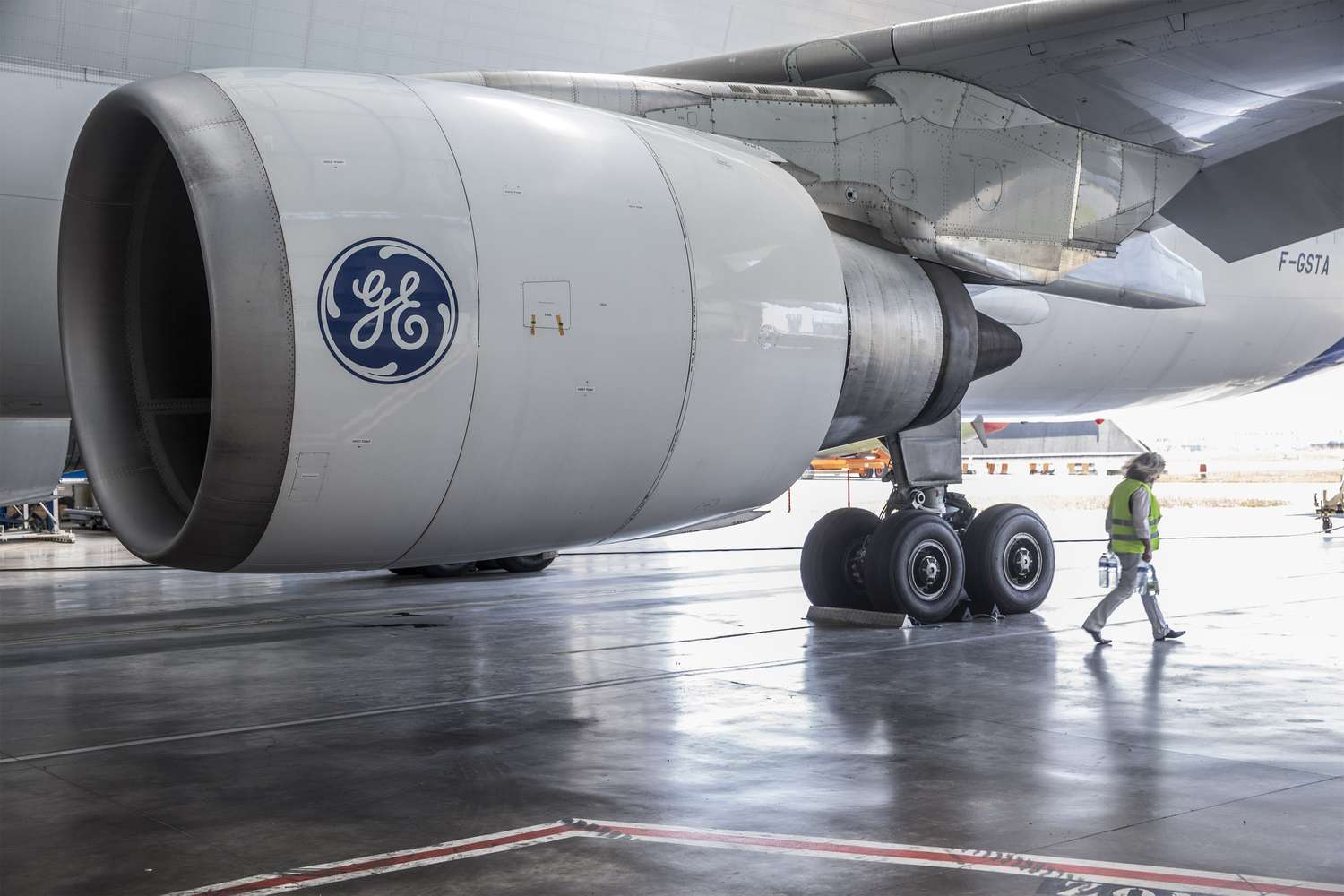
Ever wondered what makes the airline industry tick? Airline industry economics can seem like a maze, but understanding a few key facts can make it clearer. Airlines operate on razor-thin margins, often making just a few dollars per passenger. Fuel costs, which can account for up to 30% of expenses, fluctuate wildly, impacting ticket prices. Did you know that airlines use complex algorithms to set fares? These algorithms consider factors like demand, competition, and even the weather. Additionally, ancillary fees for things like checked bags and seat selection have become crucial revenue streams. Understanding airline industry economics helps explain why your ticket costs what it does and why airlines operate the way they do. Ready to learn more? Let's dive into 18 intriguing facts about this fascinating industry!
Key Takeaways:
- The airline industry's economics are complex, with fuel costs, ticket pricing algorithms, and ancillary revenue playing key roles. Airlines operate on thin profit margins and are influenced by market dynamics and environmental pressures.
- Airlines are investing in technology, sustainable fuel, and carbon offset programs to reduce their environmental impact. They also navigate global regulations and agreements, while striving to enhance the passenger experience with in-flight connectivity and automation.
The Cost of Flying
Flying isn't just about getting from point A to point B. The economics behind it are complex and fascinating. Let's dive into some intriguing facts about the airline industry's financial landscape.
-
Fuel Costs: Fuel is the largest expense for airlines, often accounting for 20-30% of total operating costs. Fluctuations in oil prices can significantly impact ticket prices.
-
Ticket Pricing: Airlines use sophisticated algorithms to set ticket prices. These algorithms consider factors like demand, competition, and even the day of the week.
-
Ancillary Revenue: Airlines make a significant portion of their income from ancillary services like baggage fees, seat selection, and in-flight meals. This can add up to billions of dollars annually.
The Business of Airlines
Running an airline is a high-stakes business. Here are some facts that highlight the challenges and strategies involved.
-
Thin Margins: The airline industry operates on razor-thin profit margins, often around 1-2%. This makes efficiency and cost management crucial.
-
Fleet Management: Airlines invest heavily in their fleets. A single commercial aircraft can cost anywhere from $50 million to over $400 million.
-
Hub-and-Spoke Model: Many airlines use a hub-and-spoke model to maximize efficiency. This involves routing flights through central hub airports to consolidate traffic.
Market Dynamics
The airline industry is highly competitive and influenced by various market dynamics. Here are some key points.
-
Low-Cost Carriers: Low-cost carriers (LCCs) have revolutionized the industry by offering no-frills service at lower prices. This has forced traditional airlines to adapt.
-
Mergers and Acquisitions: Mergers and acquisitions are common in the airline industry. They help airlines expand their networks and reduce competition.
-
Seasonal Demand: Airline demand is highly seasonal, with peaks during holidays and summer months. Airlines adjust their schedules and pricing accordingly.
Environmental Impact
Airlines are under increasing pressure to reduce their environmental footprint. Here are some facts about their efforts.
-
Carbon Emissions: The aviation industry is responsible for about 2-3% of global carbon emissions. Airlines are investing in more fuel-efficient aircraft to mitigate this.
-
Sustainable Aviation Fuel: Some airlines are experimenting with sustainable aviation fuel (SAF), which can reduce carbon emissions by up to 80%.
-
Carbon Offsetting: Many airlines offer carbon offset programs, allowing passengers to compensate for their flight's emissions by investing in environmental projects.
Technological Advancements
Technology plays a crucial role in the airline industry. Here are some ways it's shaping the future of air travel.
-
Automation: Automation is becoming increasingly prevalent, from self-check-in kiosks to automated baggage handling systems.
-
In-Flight Connectivity: In-flight Wi-Fi and entertainment systems are becoming standard, enhancing the passenger experience.
-
Electric Aircraft: Companies are developing electric aircraft, which could revolutionize short-haul flights by reducing fuel costs and emissions.
Globalization and Regulation
The airline industry is a global enterprise, subject to various regulations and international agreements. Here are some important aspects.
-
Open Skies Agreements: These agreements between countries allow airlines to operate international routes with fewer restrictions, promoting competition and lower fares.
-
Safety Regulations: Airlines must adhere to strict safety regulations set by organizations like the Federal Aviation Administration (FAA) and the International Civil Aviation Organization (ICAO).
-
Slot Allocation: Airport slots, which are the rights to take off and land at specific times, are highly regulated and can be extremely valuable, especially at busy airports.
The Bottom Line on Airline Economics
Airline industry economics are fascinating. From the complex pricing strategies to the impact of fuel costs, every aspect plays a crucial role in shaping the industry. Airlines constantly juggle between maximizing profits and providing affordable fares. Understanding these dynamics helps us appreciate why ticket prices fluctuate and why some routes are more expensive than others.
Next time you book a flight, remember the intricate dance behind the scenes. Factors like supply and demand, competition, and operational costs all influence what you pay. This knowledge not only makes you a smarter traveler but also gives you a glimpse into the challenges airlines face. So, whether you're a frequent flyer or an occasional traveler, knowing these facts can enhance your travel experience and maybe even save you some money. Safe travels!
Frequently Asked Questions
Was this page helpful?
Our commitment to delivering trustworthy and engaging content is at the heart of what we do. Each fact on our site is contributed by real users like you, bringing a wealth of diverse insights and information. To ensure the highest standards of accuracy and reliability, our dedicated editors meticulously review each submission. This process guarantees that the facts we share are not only fascinating but also credible. Trust in our commitment to quality and authenticity as you explore and learn with us.


